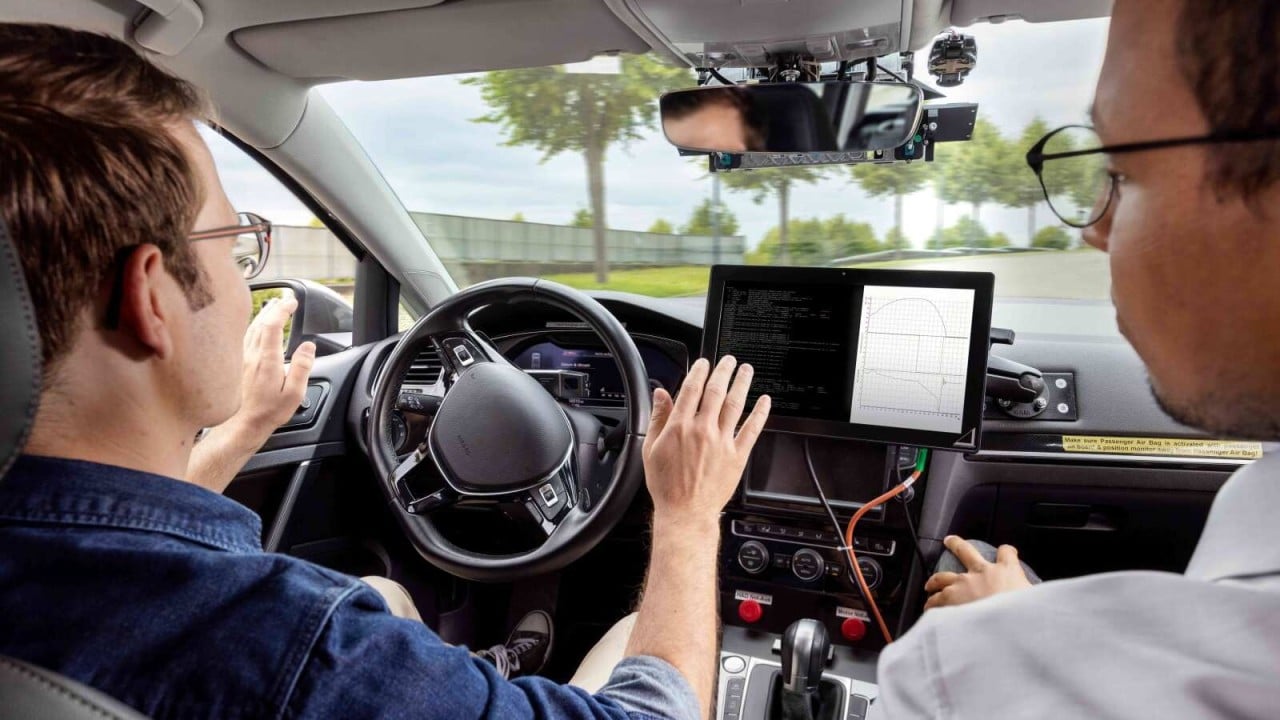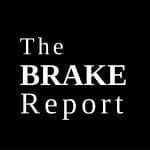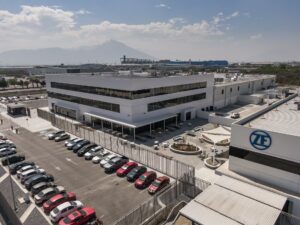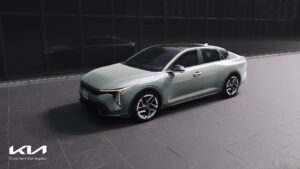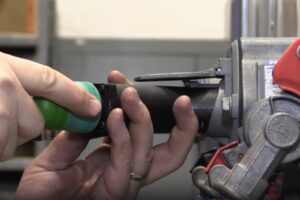STUTTGART and MUNICH, Germany – In the ever-evolving landscape of mobility, software is emerging as the linchpin for the future. Bosch, a global technology and services company, is taking the lead in this arena, offering unmatched solutions and technology to shape the software-defined vehicle across all domains. From central vehicle computers to cloud solutions to semiconductors, Bosch’s expertise spans the spectrum, positioning the company for robust growth in the years to come.
Bosch’s strength in both automotive software and the hardware required to support it has already borne fruit, with the company experiencing significant growth in vehicle computers. With expectations set high, Bosch anticipates reaching sales figures of €3 billion in 2026 from computers dedicated to driver assistance and infotainment alone. These positive business developments are a beacon of hope, especially in the face of the persistent volatility and challenges in the industry.
Within the mobility business sector, Bosch is poised for a solid 10 percent sales growth in 2023, adjusting for exchange-rate effects. This growth encompasses both price effects and marked volume increases, highlighting Bosch’s prowess in software as the key driver of mobility’s future.
Dr. Stefan Hartung, Chairman of the Bosch Board of Management, affirmed this vision during his address at IAA Mobility 2023 in Munich, stating,
“Bosch knows its way around software and is using it to shape the future of mobility. Our technology will make the software-defined vehicle a reality and help get it onto the road.”
Dr. Hartung emphasized the importance of software in the future of mobility, not only as a vital hardware component but also as a facilitator of interactions between various sources. With this focus, Bosch is transforming itself into a mobility software company while concurrently advancing its hardware expertise.
As part of this transformation, the company is reorganizing its Mobility business sector effective January 1, 2024, to strengthen cross-divisional collaboration. Remarkably, Bosch boasts a workforce of 38,000 software developers in its mobility operations alone, outstripping any other company in the automotive industry.
Bosch’s software solutions play a pivotal role in making mobility safer and more sustainable, particularly in the realm of software-defined vehicles with centralized IT and electronic architectures.
Bosch is at the forefront of developing this architecture, skillfully managing the interplay between automotive electronics and the cloud. The company offers hardware-agnostic software compatible with chips from various manufacturers, resulting in specialized middleware for driver assistance and automated driving systems. This middleware effectively decouples software from hardware, allowing vehicles to offer personalized, digital driving experiences. Furthermore, new functions, such as those in driver assistance, can be seamlessly added via over-the-air software updates, mirroring the user experience of smart devices.
As hardware and software engineering increasingly diverge, Bosch demonstrates that they remain mutually beneficial. This synergy is particularly evident in modern accident protection systems like the new ESP generation, which introduces Vehicle Dynamics Control 2.0. This innovative software can intervene not only in the braking system but also in the electric powertrain and electric steering system, leading to reduced countersteering and shorter braking distances, ultimately enhancing driver safety.
Automakers will benefit from this new control system, which can be integrated into either a central vehicle computer or the ESP control unit and will be available as a discrete software package. It forms part of the vehicle motion management software solution, orchestrating all aspects of vehicle motion, including brakes, steering, powertrain, and chassis.
Bosch’s unwavering commitment to software-defined mobility is poised to shape the future of the automotive industry, ushering in a new era of convenience, safety, and sustainability for drivers worldwide.

